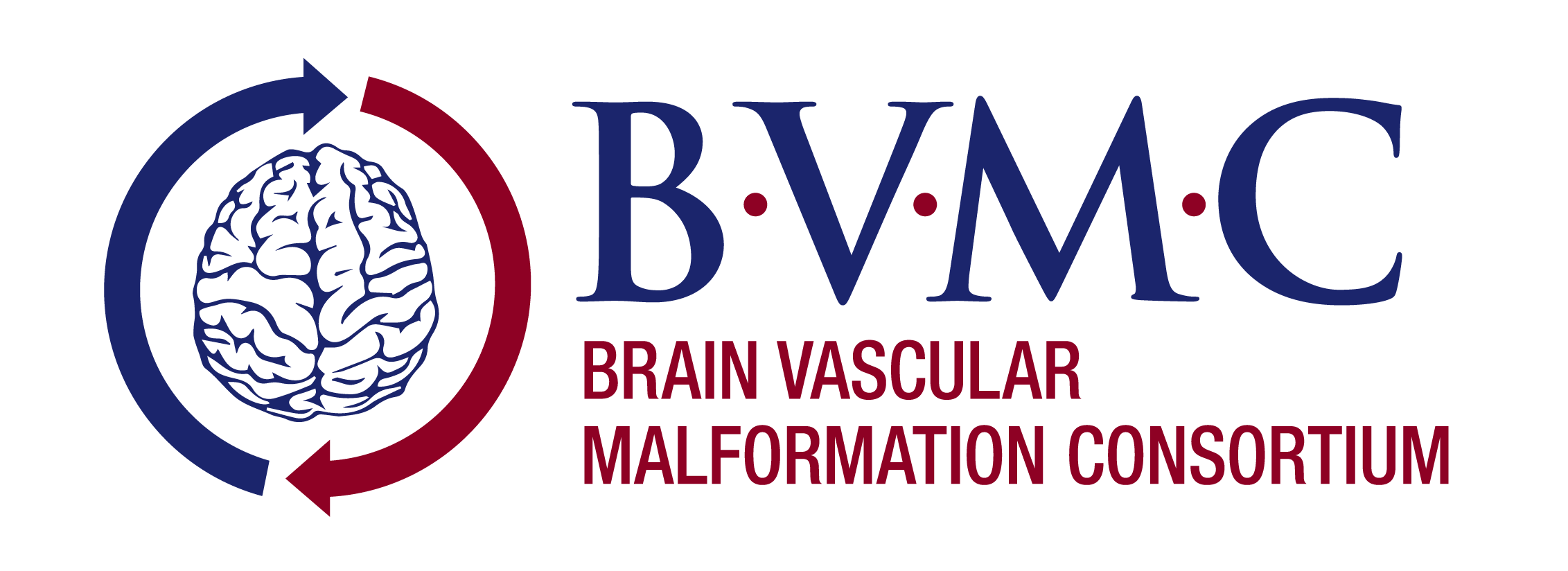Our Consortium
About the Brain Vascular Malformation Consortium (BVMC)
The BVMC is an integrated group of academic medical centers, patient support groups, and clinical research resources dedicated to conducting clinical research in different forms of brain vascular malformations and improving the care of patients with Sturge-Weber syndrome (SWS), familial cerebral cavernous malformations (CCM), and hereditary hemorrhagic telangiectasia (HHT). The BVMC is part of the Rare Diseases Clinical Research Network (RDCRN) funded by the National Institutes of Health. The operations of the BVMC are directed from the University of California - San Francisco, which provides research and administrative support to 28 participating sites located across the US, Canada, and the Netherlands.
Advancing Brain Vascular Malformation Research
The BVMC is pleased to continue formal and informal collaborations to advance research in SWS, CCM, and HHT. By information sharing, the patient advocacy groups and their medical/scientific advisors provide valued support, referrals, and resources for families in search of education, awareness, and participation in research studies. Together the organizations and families increase the pace of discovery and provide hope for a brighter future for their loved ones living with these rare diseases.
The BVMC will establish a large cohort of patients that will be followed over time, including approximately 500 SWS patients, 900 CCM patients, and 2400 HHT patients. A comprehensive set of clinical, imaging, biomarker, and laboratory data will be collected, as well as biological specimens. We will also conduct clinical trials of promising new therapeutic agents, and train young investigators in rare disease research in these diseases. Patients need not be enrolled in all studies to participate in BVMC activities.
While the BVMC centers are expert centers for the evaluation and management of patients with these forms of brain vascular malformations, the goal of the BVMC is to conduct research and not to provide care. However, it is anticipated that patients and physicians will wish to refer patients for the dual purpose of clinical evaluation and potential research participation, and the BVMC investigators welcome such interaction. The patient advocacy groups remind patients to review their lifetime insurance caps and to make the clinical evaluation and expense with that in mind.

